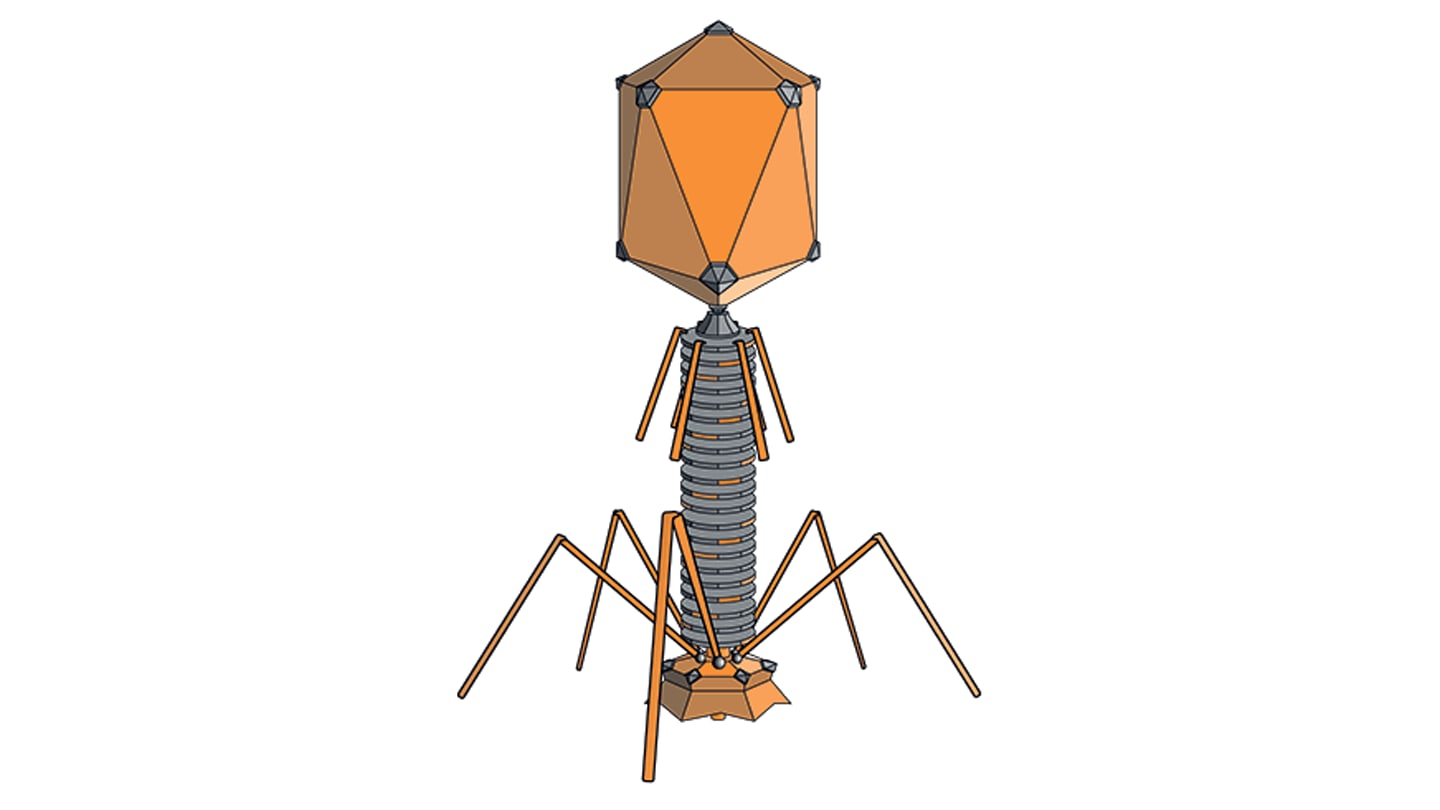
For centuries, healers across Africa have relied on medicinal plants to treat everything from infections to chronic conditions. Their knowledge, passed down through generations, remains central to healthcare in many regions. But while the continent is home to more than 25,000 plant species, modern drug discovery has tapped only a fraction of this biodiversity.
That’s starting to change. A new wave of research led by scientists from Nigeria and Uganda is combining ethnopharmacology, the study of how communities use plants, with computational drug discovery (CDD). They hope to open up a pipeline of novel compounds for global pharma.
African plants have already shaped modern medicine. For example, artemisinin from Artemisia annua is the backbone of malaria therapy. Prunus africana, once brewed into traditional remedies for urinary problems, is now a treatment for benign prostatic hyperplasia. Thousands of other species remain underexplored.
At the chemical level, these plants are packed with pharmacologically active compounds. Alkaloids from Cryptolepis sanguinolenta block malaria parasites. Flavonoids in Moringa oleifera and Vernonia amygdalina help regulate glucose and cardiovascular health. Terpenoids from Boswellia dalzielii ease inflammation. Phenolic acids from Hibiscus sabdariffa protect the heart and brain. This diversity is a potential goldmine for pharma, but researchers are urged to tread carefully. "During the colonial era (late 19th and early 20th centuries)," the authors note, "African societies and their indigenous knowledge systems were marginalized. [T]he marginalization came as colonial powers' imposition on African systems of healthcare and medicine practices. Additionally, the introduction of Western medicine, often viewed as more 'scientific' and 'modern', led to the suppression of traditional African healing practices, which were frequently disparaged as 'primitive' or 'superstitious'. Consequently, this cultural devaluation of indigenous knowledge led to the loss of valuable medicinal practices, as local healers were often excluded from formal education and research opportunities."
Traditional drug discovery is slow, expensive, and risky. Computational approaches speed things up by predicting how plant compounds interact with proteins and pathways – long before any wet lab work begins. However, much traditional knowledge remains undocumented, fragmented by Africa’s cultural and linguistic diversity. Ethical concerns – especially biopiracy – have also left communities wary of external researchers, and many African labs face chronic underfunding, limiting the scale of research.
Policy fixes and trust-building are essential. The authors wrote: "The legacy of colonialism still looms large, with ongoing debates about the ethical use of indigenous knowledge, biopiracy, and intellectual property rights. Notably, addressing these historical injustices and fostering equitable collaborations is essential for the future of African medicinal plant research and its integration into global drug discovery. Stronger intellectual property protections and fair benefit-sharing agreements could encourage collaboration between pharma, scientists, and local healers. Without them, breakthroughs risk repeating old patterns of exploitation."




